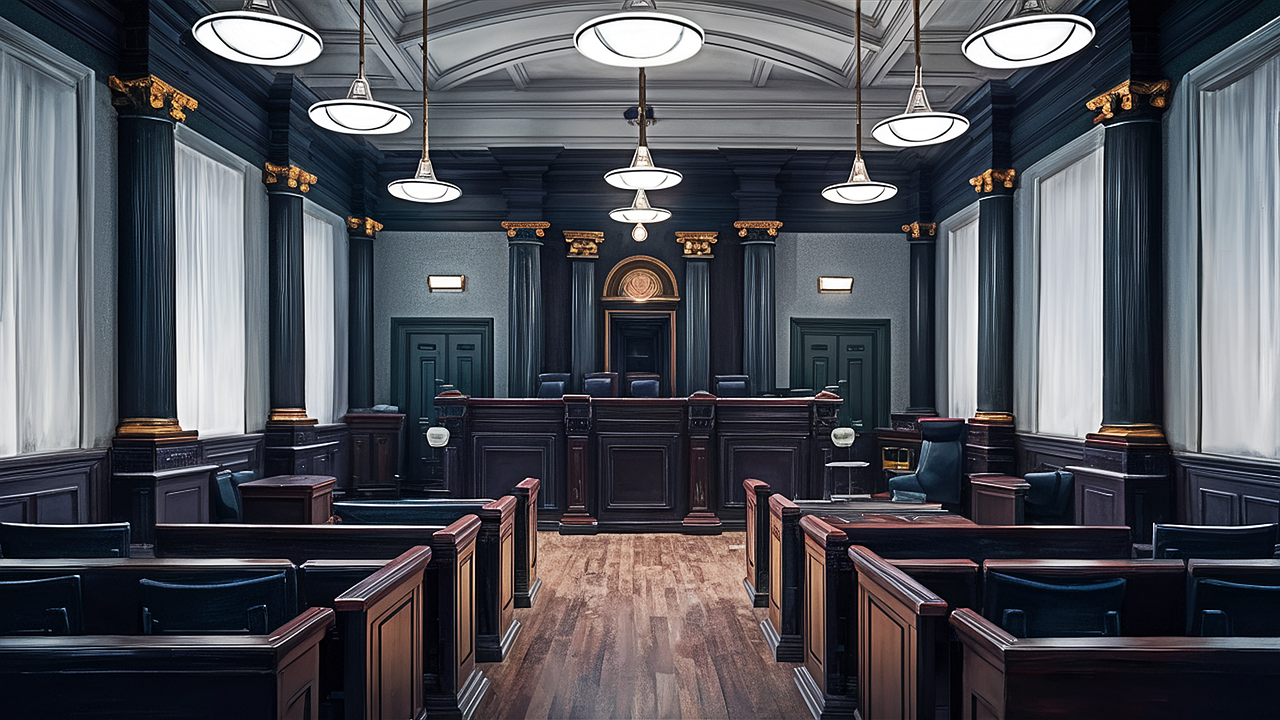Sexual assault charges are among the most serious criminal offences under Canadian law. With the repercussions varying from severe legal penalties to reputational damage that can last a lifetime, being accused is an overwhelming experience that often evokes a sense of fear, confusion and uncertainty.
Adding to the complexity of the situation is the fact that there are many myths and misconceptions about sexual assault cases, which can lead people to make poor decisions, underestimate the seriousness of the circumstances, or even have unrealistic expectations about the legal process.
At Vayeghan Litigation, we believe that knowledge is one of the most powerful tools in your defence. With years of experience, including time as a former BC Crown Prosecutor, Mo Vayeghan has helped countless clients navigate complex trial decisions and protected their rights in the most difficult circumstances.
Below, we address some of the most common myths surrounding sex assault cases, including why jury trials may not be the preferred option. Read on to learn more.
Myth #1: Being Charged Means You’re Already Considered Guilty
This is one of the most damaging misconceptions. In Canada, you are presumed innocent of any allegations until proven guilty beyond a reasonable doubt.
Being charged simply indicates the Crown and charging officers believe there is enough evidence to bring the matter to trial. It does not necessarily mean the evidence is strong or a conviction is inevitable.
Backed by an Ivy League education from Columbia University and experience as a former BC Crown Prosecutor, Mo Vayeghan focuses on exposing weaknesses in the prosecution’s case, challenging the credibility of witnesses, and ensuring the court sees the full picture — not just the allegations.
Myth #2: A Jury Is Always the Better Option
Some people believe that a jury trial is automatically more favourable because “regular people” will be more understanding than a judge. This is not always true, and it’s important to note that jury trials are only available for charges that carry the potential of 5 or more years of imprisonment if convicted. The core differences are as follows:
-
Jury Trials: Involve 12 people randomly selected from the community. The jury must reach a unanimous decision based solely on the evidence presented in court and the legal instructions from the judge.
-
Judge-Alone Trial: The judge acts as both the finder of fact and the interpreter of the law, delivering a verdict without a jury.
The right choice depends on many factors, including the complexity of your case, nature of evidence, any emotional drivers behind the allegations, and how a peer audience may perceive the facts. Mr. Vayeghan is highly experienced at handling both jury and non-jury trials, and can guide you through each determining point to decide which option makes sense for your case.
Myth #3: Sexual Assault Trials Always Rely on Physical Evidence
Another common misconception is that sexual assault cases always hinge on DNA or other physical evidence. While yes, physical data is important, the reality is that many cases are based heavily on testimonies. That means that the outcome of your case often rests on your lawyer’s ability to build credibility and what happens during cross-examination. To achieve the most favourable result, it’s crucial to partner with a criminal defence lawyer who knows how to guide you through every step, how to present evidence, and how to counter lines of questioning or scrutiny from the prosecution.
As a defence firm with extensive trial experience, Mo Vayeghan knows how to challenge witness testimony, highlight inconsistencies, and present a compelling case before a jury or a judge to protect your rights.
Why the Jury vs. Judge Decision Matters
If your case is eligible for a jury trial, it’s crucial to know that your chosen format will directly influence your viable defence strategy due to factors like:
-
Complex legal arguments may be better suited to a judge-alone trial, where an experienced legal mind can focus on the finer points of the law and the jury is less likely to become confused.
-
Emotionally charged evidence may resonate differently with a jury than with a judge.
-
Technical or procedural issues might be more effectively addressed by a judge with deep legal expertise.
At Vayeghan Litigation, we consider every angle when advising our clients. Mr. Vayeghan’s goal is to match the trial format to the facts, evidence, and dynamics of the case, maximizing your chances of a positive result.
Protect Yourself When it Matters Most
If you are facing sexual assault charges in Vancouver or anywhere in BC, contact Vayeghan Litigation today. We provide discreet, strategic, and effective legal representation, backed by the experience and insight you can trust when it matters most.



